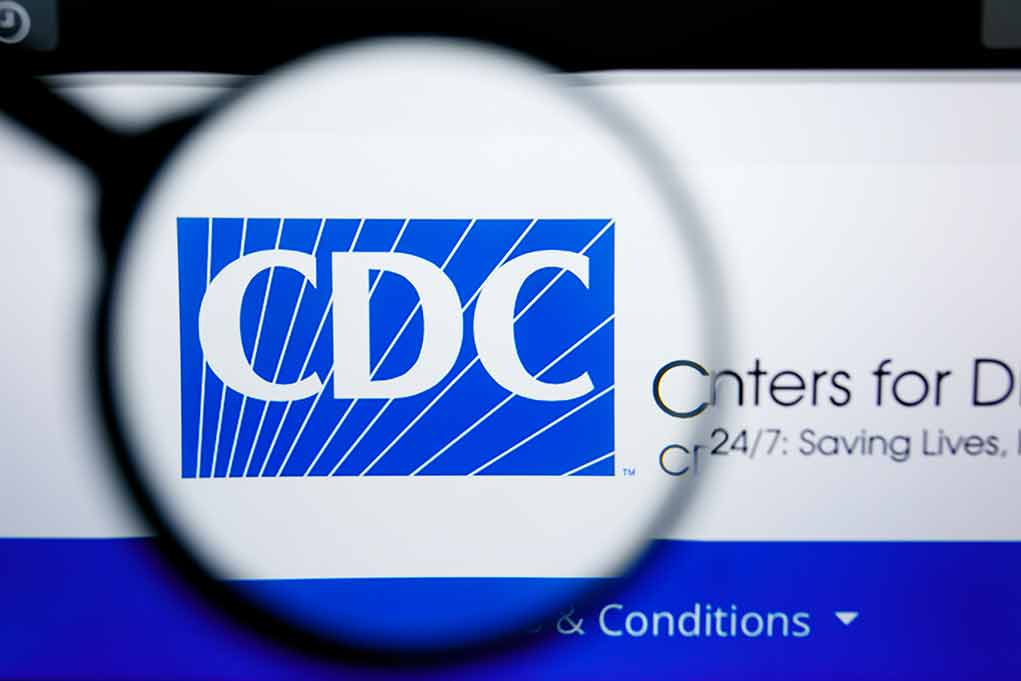
Four Americans sickened by Turkish pistachio cream as CDC issues warning for Minnesota and New Jersey residents to avoid specific Emek-brand product linked to hospitalization and a growing salmonella outbreak.
Key Takeaways
- A salmonella outbreak linked to Turkish-imported Emek-brand pistachio cream has sickened four people in Minnesota and New Jersey, with one requiring hospitalization.
- The affected product is specifically Emek-brand pistachio cream with a use-by date of October 19, 2026, sold in 11-pound (5-kilogram) white tubs.
- The contaminated pistachio cream was distributed nationwide to restaurants, wholesale distributors, and food service locations.
- CDC advises consumers, restaurants, and retailers to stop using, serving, or selling the affected product while federal health officials conduct their investigation.
Imported Food Safety Concern Emerges
Federal health officials have identified a Turkish imported food product as the source of a salmonella outbreak affecting Americans in two states. The Centers for Disease Control and Prevention (CDC) and Food and Drug Administration (FDA) have traced the outbreak to Emek-brand pistachio cream, a nut butter spread commonly used in desserts and various dishes. The contaminated product was specifically identified with a use-by date of October 19, 2026, and was distributed in 11-pound white plastic tubs to food service establishments across the country.
“Four people have been sickened in two states by salmonella poisoning linked to pistachio cream, a nut butter spread used in desserts and other dishes, federal health officials said Monday,” stated federal health officials.
The outbreak has resulted in four confirmed cases of salmonella infection, with three linked to a single restaurant in Minnesota. One of the affected individuals required hospitalization due to the severity of their symptoms. The FDA was initially alerted to the problem by the Minnesota Department of Health, which reported salmonella cases and positive samples in the pistachio cream during their investigation. This rapid state-federal cooperation demonstrates the critical importance of food safety monitoring systems.
Official Guidance and Ongoing Investigation
The CDC has issued clear instructions regarding the contaminated product. “The product should not be sold, distributed, or served,” stated CDC. Restaurants and retailers are being advised to immediately stop selling or serving Emek pistachio cream with the specified use-by date. Consumers who may have purchased the product should not consume it and should dispose of it properly or return it to the place of purchase.
Three people in Minnesota and one in New Jersey fell ill between March 10 and May 19. https://t.co/5sc02e84ka
— News19 WLTX (@WLTX) June 16, 2025
Federal health agencies are conducting an extensive investigation to determine the full scope of the product’s distribution. The FDA and CDC are working to trace all locations where the contaminated pistachio cream may have been sold or served. Anyone who has used the product is advised to thoroughly wash and sanitize all items and surfaces that may have come into contact with it to prevent cross-contamination and further spread of the bacteria.
Health Risks and Symptoms
“Salmonella is a group of bacteria that can cause gastrointestinal illness and fever called Salmonellosis,” stated CDC. The CDC warns that symptoms typically appear between 6 hours and 6 days after consuming contaminated food. Common symptoms include diarrhea, fever, and stomach cramps. While most people recover without specific treatment within 4 to 7 days, some cases can become severe and require medical attention.
Particularly vulnerable populations include children under 5 years old, adults over 65, and individuals with weakened immune systems. These groups face higher risks of severe illness when exposed to salmonella bacteria. Warning signs that require immediate medical attention include high fever (over 102°F), persistent diarrhea lasting more than three days, bloody diarrhea, excessive vomiting that prevents keeping liquids down, and signs of dehydration such as minimal urination, dry mouth, and dizziness.
The CDC strongly recommends contacting healthcare providers if severe symptoms develop after consuming pistachio cream or if symptoms persist beyond a few days. This outbreak serves as a reminder of the ongoing challenges in food safety oversight, particularly with imported food products that may not always meet the same rigorous standards as domestically produced items. The President Trump administration continues to emphasize strengthening America’s food safety systems and reducing reliance on potentially risky imported food products.











